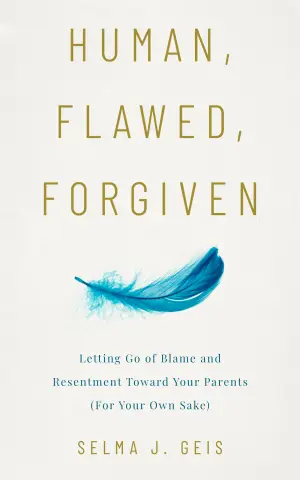I recently finished "The Secret" by Rhonda Byrne, and it has been a fascinating journey. I was drawn to this book because I enjoy reading self-help and personal development literature, especially anything that touches on the power of positive thinking and the Law of Attraction. The promise of uncovering a "Great Secret," which has been passed down and cherished throughout history by notable figures like Plato, Galileo, and Einstein, added to my curiosity.

From the outset, "The Secret" kept me engaged. The idea that we can harness the power of our thoughts and beliefs to shape our reality is inspiring. What I found particularly uplifting were the testimonials from individuals who transformed their lives by applying the principles found within the book. Their stories of overcoming disease, achieving wealth, and enhancing relationships resonated deeply with me.
Many readers, like the reviewer DDR, have described how the book enlightened them about the Law of Attraction. I, too, appreciated how lucidly Byrne explained these concepts and how she offered practical steps to apply them in everyday life. It instills a sense of hope and motivation, reinforcing an optimistic outlook that many of us can benefit from.
However, the book isn’t without its drawbacks. One common criticism I found echoed by others is that the content can feel repetitive. While the principles are solid, at times I felt that the reiteration dulled the impact of the message. Additionally, some readers found that the book lacks depth in places, failing to explore some topics as thoroughly as they might benefit from. It’s essential to approach the ideas presented with both optimism and a critical mind, as not all situations in life can be resolved merely by changing our thoughts.
One passage that truly stood out to me is the line about how "thoughts become things." This encapsulates the core message of the book and made me reflect on my own belief systems. As I read, I couldn’t help but question how often I’ve allowed negative thoughts to dictate my experiences. It was a real eye-opener about the hidden power we hold within ourselves.
I also encountered mixed feelings regarding the book’s approach to challenges and limitations. While Byrne encourages readers to believe they can have everything they desire, I agree with those reviewers who express concern. As highlighted by Lisa Shea, it’s crucial to balance dreams and desires with practical actions. Simply wishing for something isn’t enough; proactive steps are often required for genuine change.
In terms of overall value, opinions differ. Some readers, drawn in by the promise of life-transforming secrets, find themselves marveling over their newfound insights, while others describe the experience as a waste of time and money. For me, I saw the value in the concept and the motivational stories shared within the text, making it a worthwhile read, albeit not a perfect one.
Overall, "The Secret" delivers a compelling perspective on the Law of Attraction and the potential within us all to shape our realities. Despite its imperfections, it offers valuable insights and tools for anyone willing to engage with its core messages. If you enter the pages with an open mind and a willingness to reflect on your own life, you may find it as enlightening as I did.
To sum it up, I would certainly recommend "The Secret" to anyone curious about how mindset can influence our experiences. However, I suggest balancing it with other resources that dive deeper into the nuances of personal growth and practical application. This book can indeed spark change; it’s up to us to fuel the journey.
Uncover the transformative power of your thoughts with “The Secret.” >>







